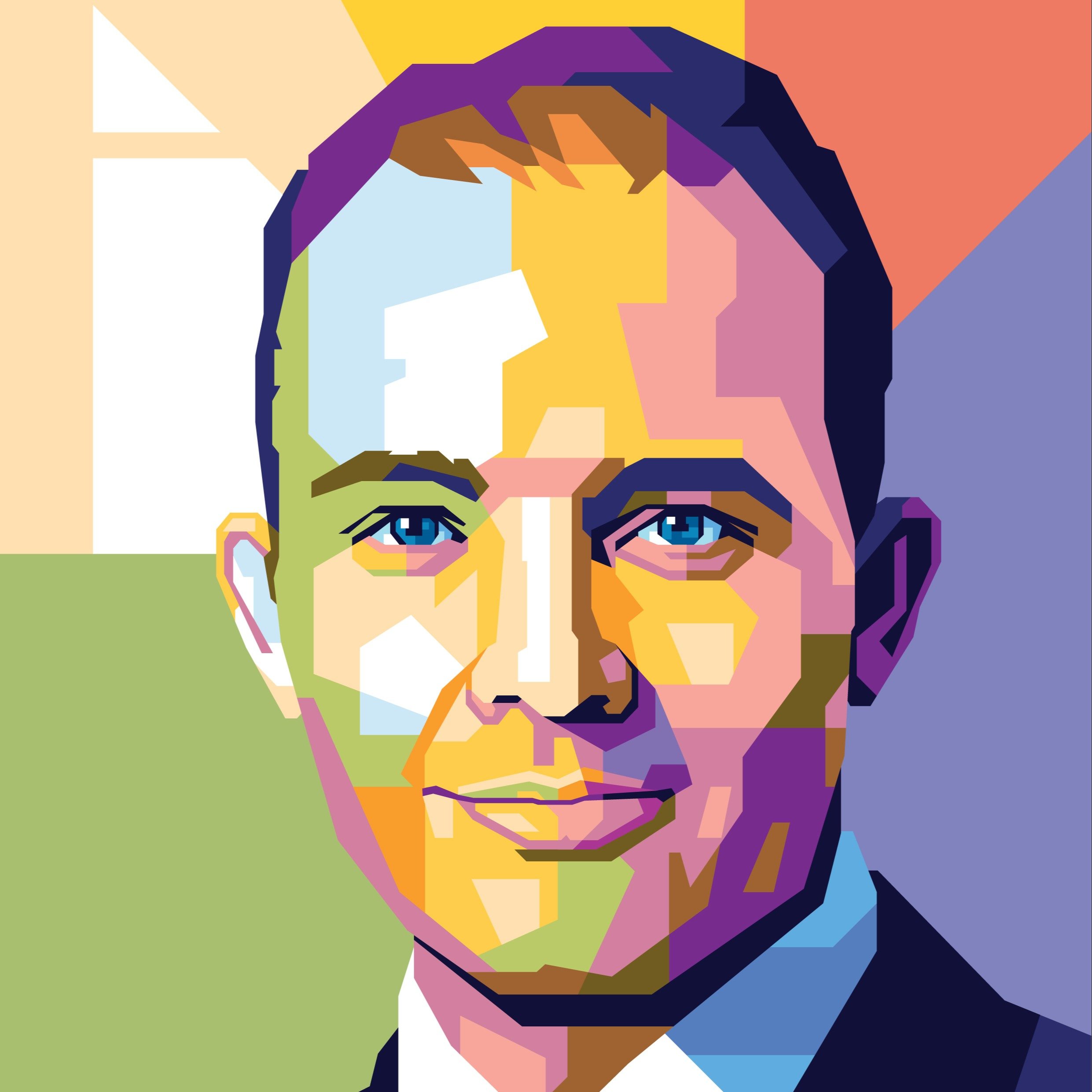“Think cleanly about technology and humanity and what that combination should look like going forward.”
Gavin Spitzner spent years helping advisors understand how to use technology better to improve their practice. What mattered most, he said, was that they used their tools and skills to ultimately make sense of a client’s life goals to guide them.
Spitzner passed away on January 30th, 2023, after a battle with acute myeloid leukemia, a blood and bone marrow cancer. He decided to be public about his health, and in a Twitter post, his family said he wanted all his friends, family and colleagues to know he died in peace without any regrets.
In an interview to run in the upcoming Spring/Summer edition of Action! magazine, Spitzner spoke about practice management, client experience, and preparing for the future of technology and advisors.

The following transcript is an edited excerpt from that discussion.
How do you know, as an advisor, you’re getting it right from the client’s perspective?
GAVIN SPITZNER: I think about the end client constantly. I try to put myself in their shoes and say, ‘What's going to make me feel like I'm on the right track and optimizing my assets?’ Whether I've got $500 or $500 million, everyone is where they are and want to do the responsible thing for their families, their loved ones and make the most of their situation.
I look at it as, I want that confidence, and I want my advisor to give me that confidence that I'm doing the smartest things I can with the wealth that I do have, and [my advisor] answers questions and comes to me with ideas before they become problems. For me, this is what we're talking about [when we talk about] what engagement is because I know you, and I've worked with people in your situation, and I've got expertise. I can help you anticipate issues, optimize for what you have and where you’re going and always feel like you’re doing the right things.
What makes up that confidence?
SPITZNER: For, let's say, for a wealthy family, I boil it down to, I want to be able to spend without guilt, right? There's so much focus on accumulation – and not that that's not important – but there's a lot of people that because they've become such good savers, they're really the worst spenders. They may die really, really, wealthy and their heirs can hash it out and figure it out because a lot of these people don't even have wills. But that ability to give me the confidence and really coach me to use those assets to achieve the things that matter – and that could be spending on experiences with my loved ones, giving to causes that I care about – I look at that and say that those, as a consumer, as an investor, that's the kind of relationship I want with an advisor.
What [then] are you doing to deliver that experience? It's not enough just to [show that] I can hit a benchmark; I can show you a probability of hitting a long-term goal. That's all wonderful, but if my goal is 25 years away, my probability of success isn't going to change all that much day-to-day, let's face it. Within those 25 years, things are happening in my life, things are happening in my head, things are happening out in the world and my advisor needs to be constantly pulling those things together and making sense of it for me.
How, then, can firms prepare for the future of wealth management?
SPITZNER: What I encourage them to do is go through an exercise of, what if you were starting from scratch right now, not beholden to all kinds of legacy practices? Think about the consumer and what they want to do on a self-service basis. What's best handled by the advisor? I think that that's where a lot of firms don't really grasp how dramatic that change has been. Where it ends up being a win-win is there's a better client experience if I control much more of my plan and how I go through a fact-finding process and a planning process. [As a client] I want to do that, and I want to own that. I want my advisor to have the time to interpret that and help me go deeper. Because oftentimes – there's some good research around goal planning – if just asked, ‘What are your goals?’ the client is going to be very superficial. They don't even know what's possible. An advisor that can bring those insights and say, ‘Here are folks somewhere in your cohort; these are the types of things that you could open your mind to.’ “Oh, I hadn't thought about this, but I would like to be able to help my adult children take my family on a vacation every two years and think about how I fund that most effectively.”’
Think cleanly about technology and humanity and what that combination should look like going forward. It can be a win-win: A better client experience because they want to do a whole lot more for themselves in the digital technology, and freeing up capacity, so advisors have time to grow their business, think about their clients, come up with ideas, and frankly just even to [continue] professional development. This is where this industry is constantly evolving, whether it's tax laws, new capabilities, you name it, and that often – all things being equal – gets tossed aside and they don't have enough time to do that. I think that's the right combination: Think about those two parts, human and technology, in a current way, and let that drive your strategy.
This blog is sponsored by AdvisorEngine Inc. The information, data and opinions in this commentary are as of the publication date, unless otherwise noted, and subject to change. This material is provided for informational purposes only and should not be considered a recommendation to use AdvisorEngine or deemed to be a specific offer to sell or provide, or a specific invitation to apply for, any financial product, instrument or service that may be mentioned. Information does not constitute a recommendation of any investment strategy, is not intended as investment advice and does not take into account all the circumstances of each investor. Opinions and forecasts discussed are those of the author, do not necessarily reflect the views of AdvisorEngine and are subject to change without notice. AdvisorEngine makes no representations as to the accuracy, completeness and validity of any statements made and will not be liable for any errors, omissions or representations. As a technology company, AdvisorEngine provides access to award-winning tools and will be compensated for providing such access. AdvisorEngine does not provide broker-dealer, custodian, investment advice or related investment services.






.png)

